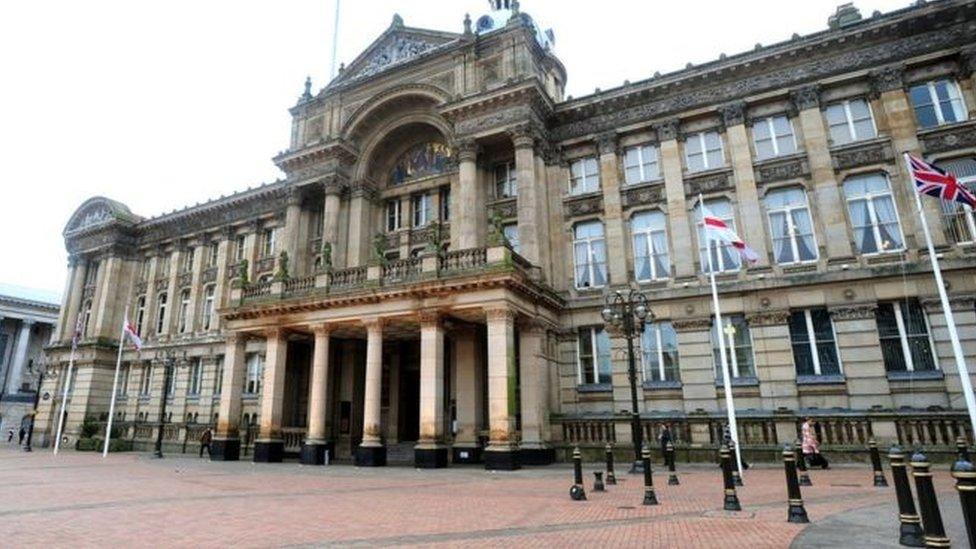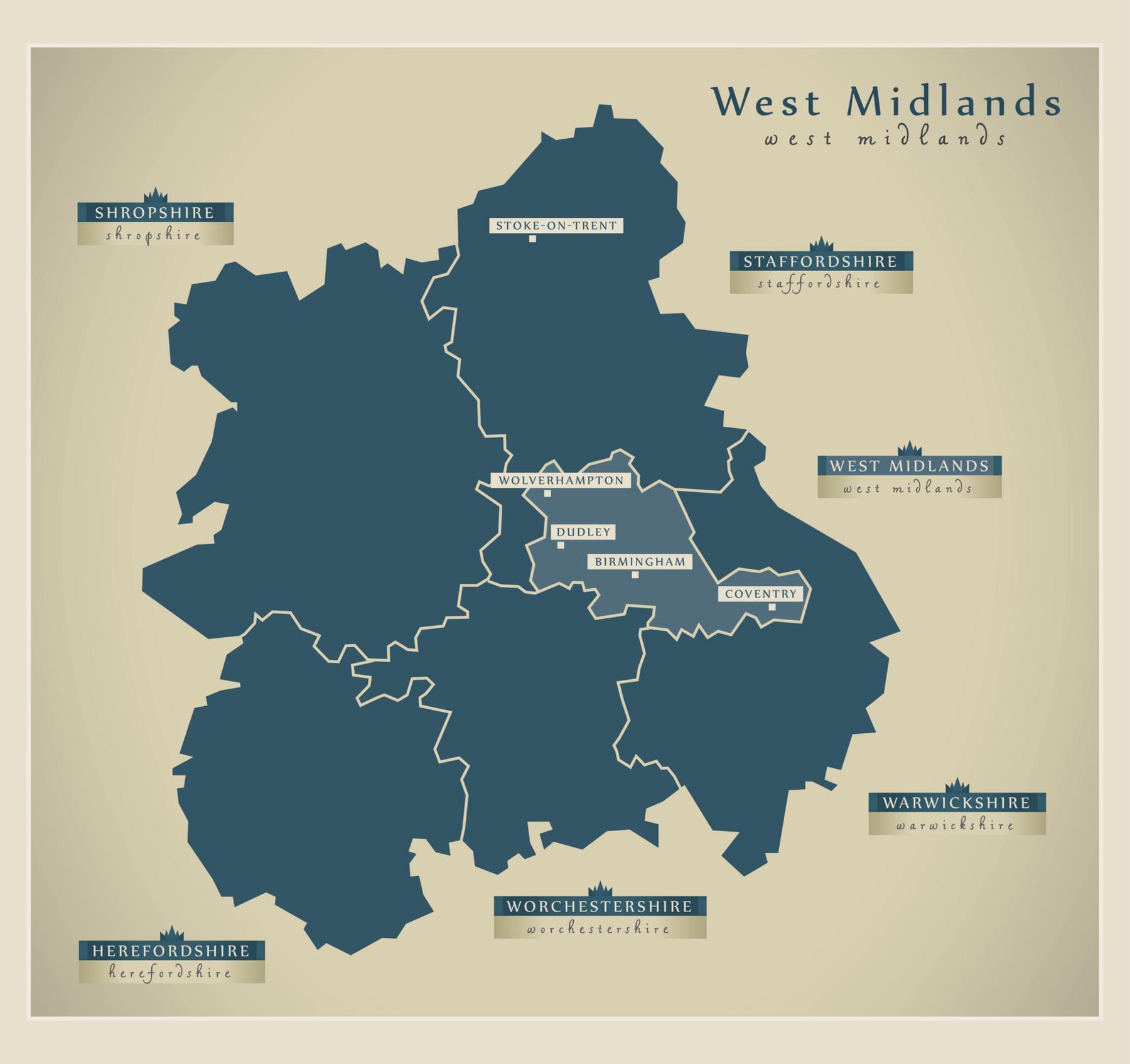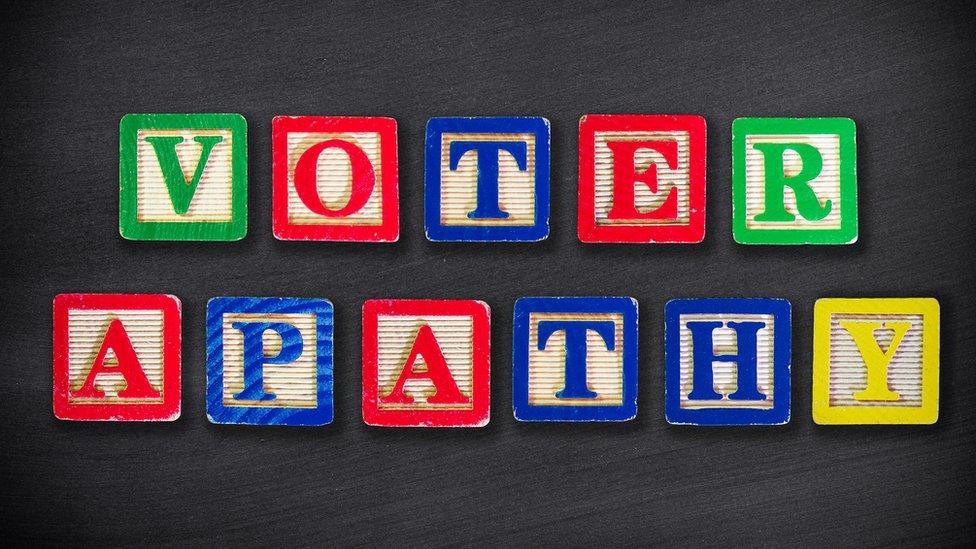Midlands "Metro Mayor": what's the big idea?
- Published

Voters in Birmingham and Coventry have previously rejected the idea of a mayor.
There are now just six months to go until a new-style 'Metro Mayor' is elected to lead three million Midlanders in the region's 'core' conurbation stretching from Wolverhampton to Coventry and including Britain's second biggest city, Birmingham.
On the face of it there is more than a hint of irony about the Government's insistence in the name of local democracy on a leadership model that has been rejected by Coventry's voters and by Birmingham's, twice.
Our one Midlands city which has tried it, Stoke-on-Trent, went on to scrap the role after just seven bitterly divisive years.
So why now are ministers so determined to revive the concept?
Because, they tell us, this time it is not the reheating of an old idea but the introduction of a new one.
Our experience of the elected mayors debate so far has been confined to the boundaries of individual local authorities.
This new political animal's remit will roam across the entire metropolitan area comprising seven councils: Birmingham, Coventry, Dudley, Sandwell, Solihull, Walsall and Wolverhampton.
Download or Upload
The council leaders on the West Midlands Combined Authority (WMCA) were left with no option but to stomach the 'Metro Mayor' once it became clear that if they didn't, there was no way ministers would grant them the full 'devo max' deal. The then chancellor, George Osborne, said at the time it was imperative to have a high-profile "focal point for accountability".

In theory the mayor's remit should only concern the metropolitan area. But the project's influence is likely to extend across most of the region
I am told many councillors still have serious misgivings about the elected mayor. Mr Osborne said later he had "sweated blood" to make it happen. Inevitably, critics warn that this concentrates too much power in the hands of one person and that what they call the new "Super Council" is bound to trample all over local identities.
But supporters of the devolution deal say far from uploading powers away from local authorities, the new authority and the mayor will download from Westminster and Whitehall more genuine clout for decision-makers than they have ever enjoyed before.
Housing, planning, transport, the economy and skills are, they argue, responsibilities which run across and beyond individual local authority areas, with up to £40m worth of spending power coming their way for each of the next 30 years.
Democratic deficit
Whatever the outcome, questions are bound to be asked about the democratic legitimacy of this new role.
The mayoral election will take place on Thursday, 4 May 2017. On that day there will be none of the usual council elections in those seven metropolitan councils which make up the mayor's electoral area. It is what they call "a fallow year". So the mayoral turnout will not benefit from any collateral effect of people turning up at the polling stations principally to vote for their local authorities but also available to vote for the mayor while they are there. A low turnout, say under 25%, would leave the new mayor facing tough questions about their electoral mandate.

Will people turn up to vote for their West Midlands mayor? It could make the job a little tricky if they don't
Add to this the ten other councils who have signed up, or are about to do so, as 'non constituent' members of the combined authority. Their agreements are not exclusive. They can join other partnerships on similar terms. By the same token they have less of a say in the running of the WMCA than the seven constituent members and, crucially, no vote in the mayoral election.
In theory, the mayor's remit extends only to that metropolitan area. But the realpolitik inevitably means the mayor will project their influence across the region, including those non-constituent members: Cannock Chase, North Warwickshire, Nuneaton and Bedworth, Redditch, Rugby, Tamworth, Telford and Wrekin, Stratford-on-Avon, Shropshire and Warwickshire.
And then there are some significant questions about what exactly the powers of the mayor will or should be: too powerful or not powerful enough?
Undaunted, four parties have nominated their candidates:
Cllr James Burn, Green Party
Beverley Nielsen, Liberal Democrat
Sion Simon MEP, Labour
Andy Street, Conservative
Much may yet depend on whether or not UKIP do in the end decide to field a candidate. Their highest-profile West Midlander is the Dudley-based MEP Bill Etheridge. In a Sunday Politics interview with me he categorically ruled himself out: he told me the 'metro mayor' was a kind of devolution where power was devolved from the people to the elite.
We'll see.
And there will be more on this in this weekend's Sunday Politics Midlands at 11.00 on BBC One on Sunday morning, 6 November 2016.